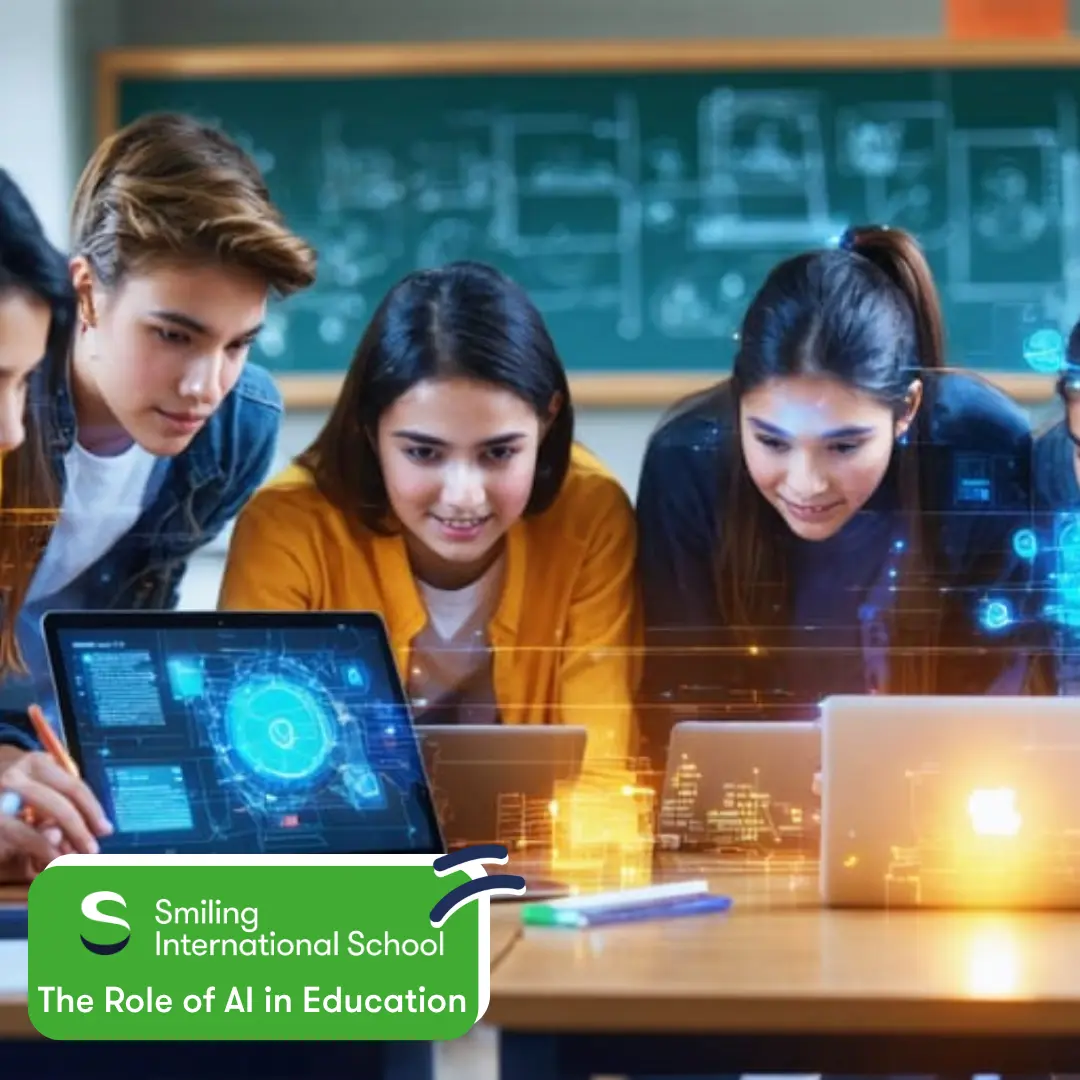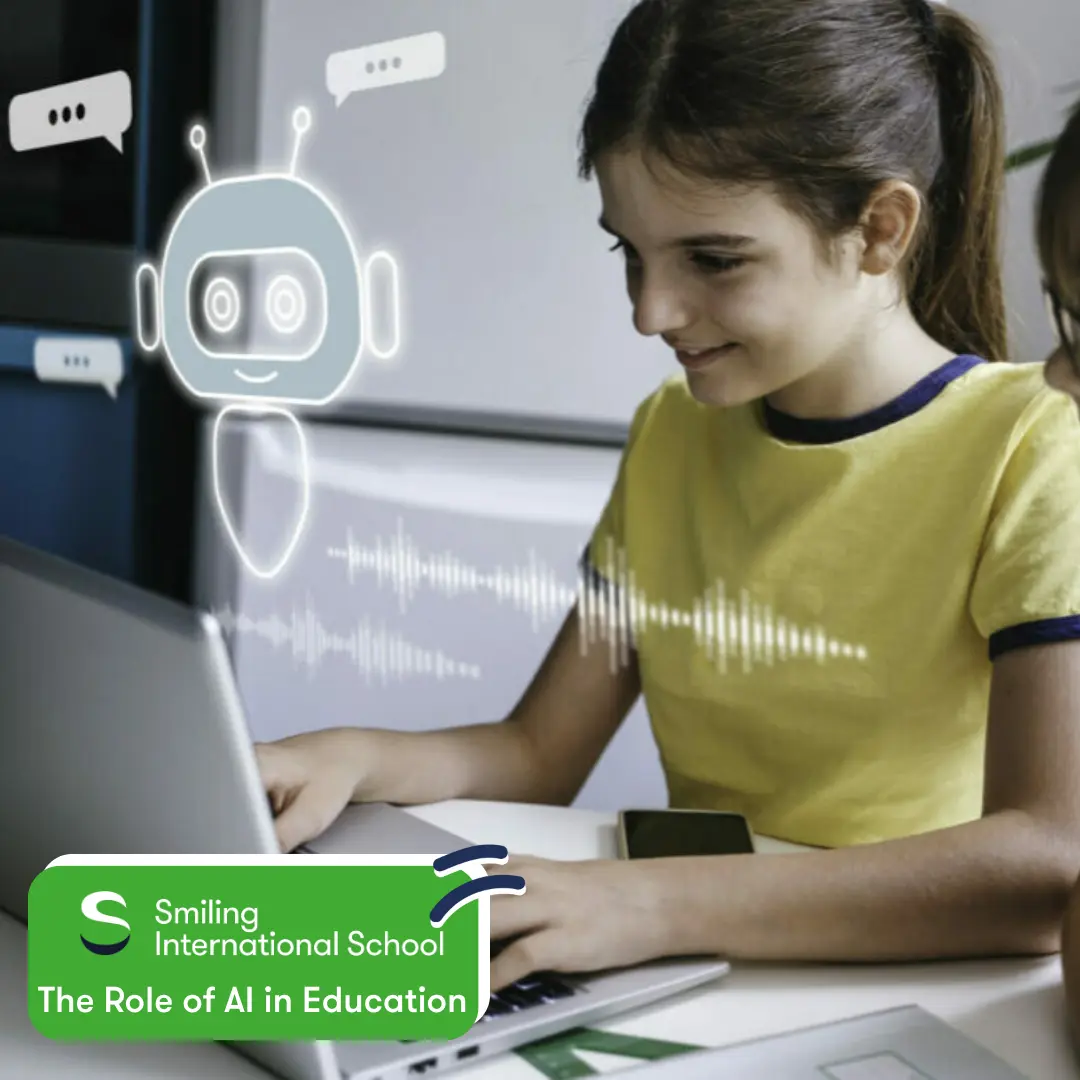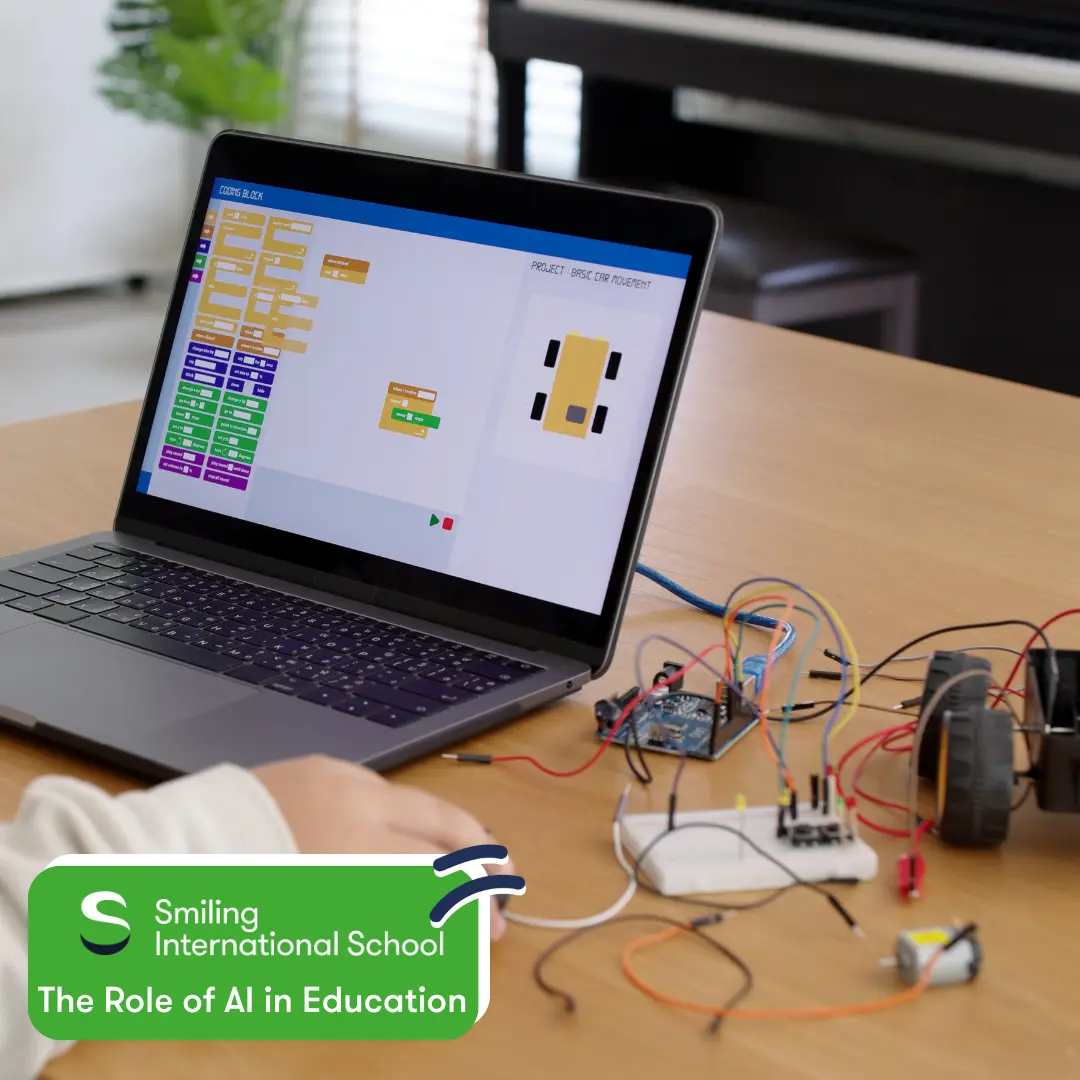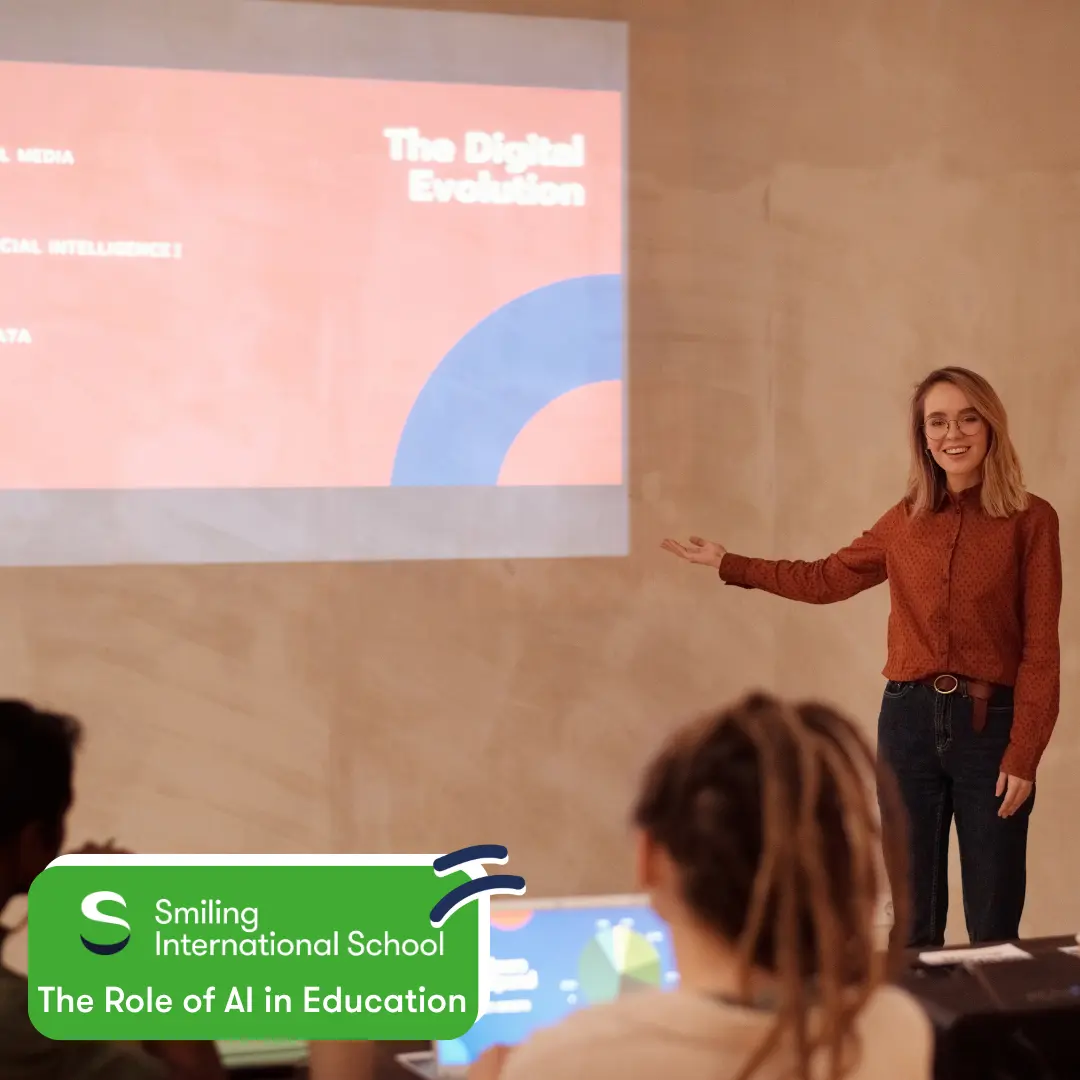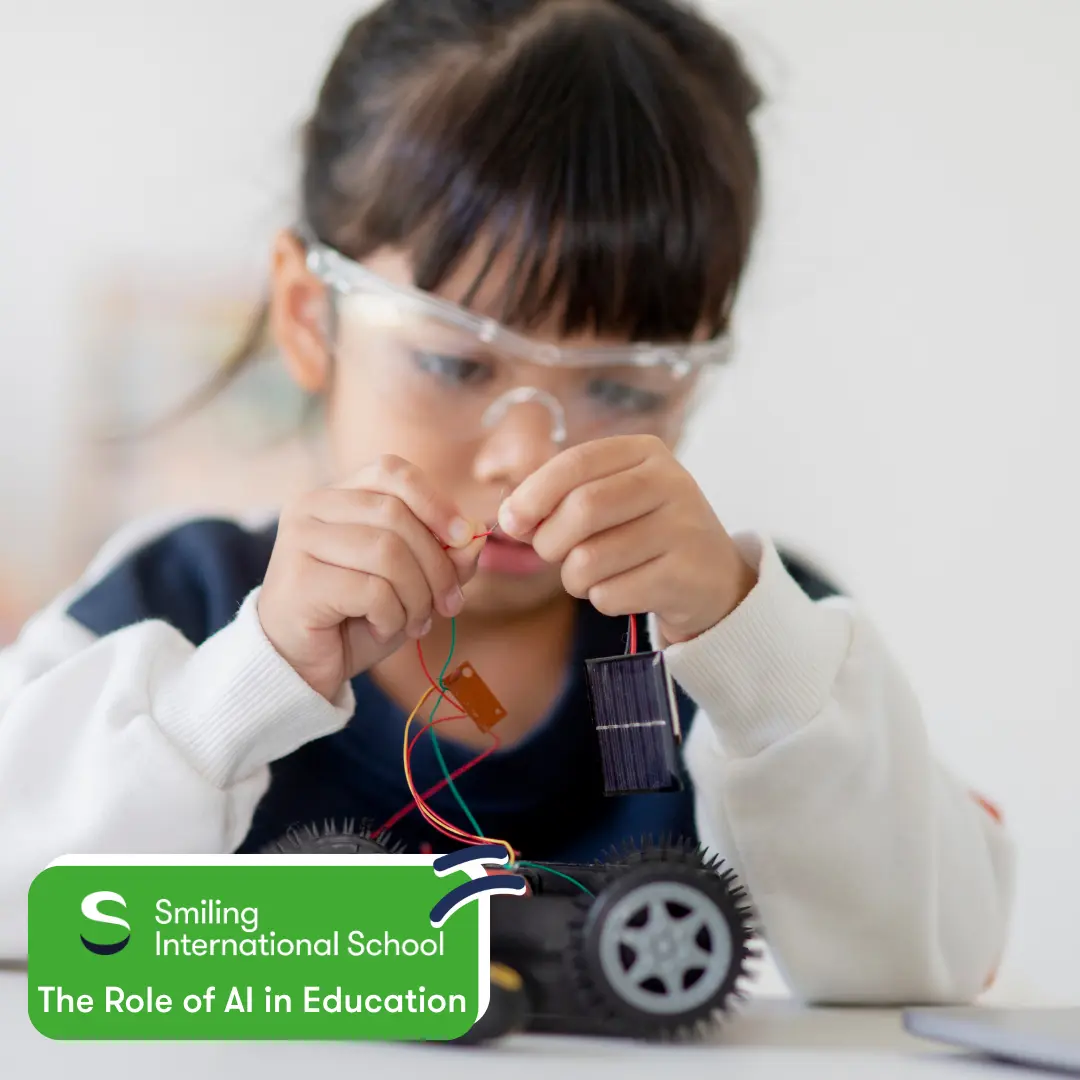Artificial Intelligence (AI) is becoming one of the most widely used and influential tools in our society—and education is no exception. AI is increasingly being integrated into school life, supporting tasks such as grading, writing assistance, study organization, and personalized learning.
There’s no doubt that AI is a powerful and innovative tool. It opens the door to many exciting possibilities, but it also raises important concerns that educators, students, and parents must consider.
The Benefits of AI in Schools
Students and education experts alike agree that AI can be particularly valuable in creating personalized learning plans, especially for students with special needs. By analyzing each student’s strengths and weaknesses, AI can help teachers design customized lessons and strategies that better support individual learning.
AI also helps with administrative tasks, saving educators time and energy that can be redirected toward more meaningful educational interactions. Additionally, AI can make education more inclusive—providing support for students who speak different languages or have learning disabilities—and more engaging for digital-native learners who may connect more with interactive, tech-based tools than with traditional lectures.
Concerns and Risks
However, we must not forget the human aspect of teaching and learning, which is at the heart of education. The greatest risk of AI in schools may be the loss of human connection if we rely too heavily on technology.
There are also concerns about data privacy, as AI systems often collect and analyze sensitive information about students. Another potential downside is the growing issue of “brain rot”, a term used by today’s students to describe the mental fatigue caused by spending excessive time on screens—whether for studying or on social media.
This term reflects part of the evolving language of Generation Alpha. In fact, some of our students recently explored this topic in an article for a local newspaper, highlighting how language and technology influence generational differences. As part of their research, they interviewed teachers, and here’s what emerged:
- A Geohistory teacher noted, “if you are using it to describe it and speak, using it can be helpful but if you are using it to joke around, then it’s rather useless.”
- An English teacher shared, “language is getting poorer, and if her son uses these words she will be disappointed but nothing can be done against it. However, she thinks it is good to speak it as a way to make your identity special.”
Moving Forward: Using AI Responsibly
To make the most of AI while avoiding its risks, schools must focus on transparency and responsible use. It’s important to set clear boundaries and guidelines for AI use, and to ensure that teachers are trained to use these tools effectively and ethically.
In the end, AI should not replace educators—but rather support them, helping create a more inclusive, efficient, and personalized learning environment.

